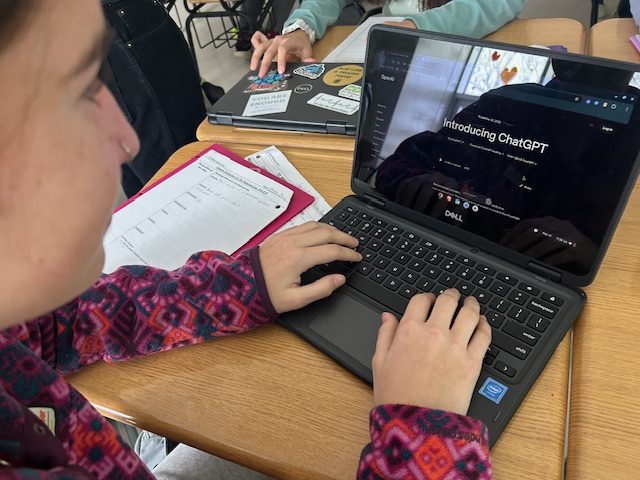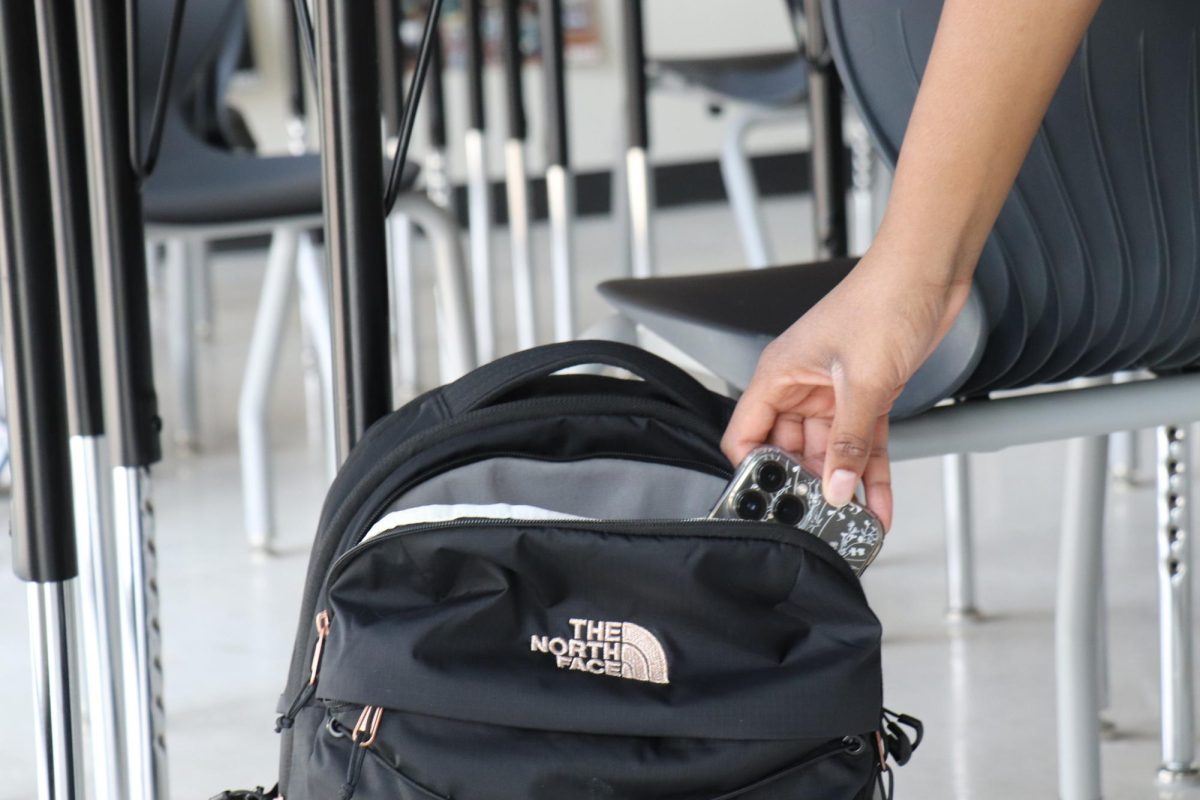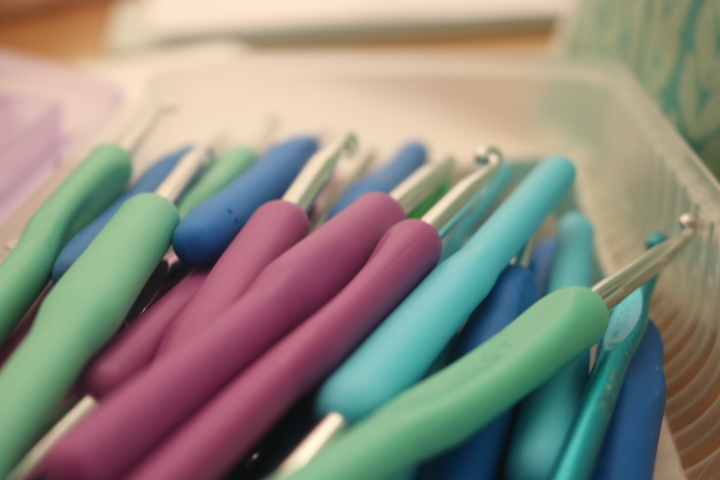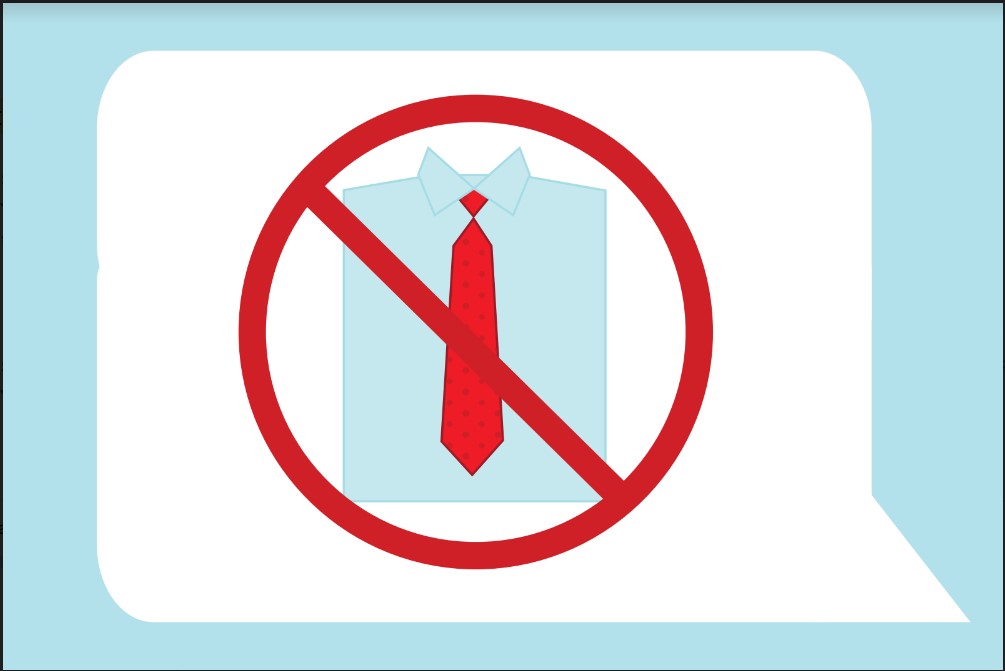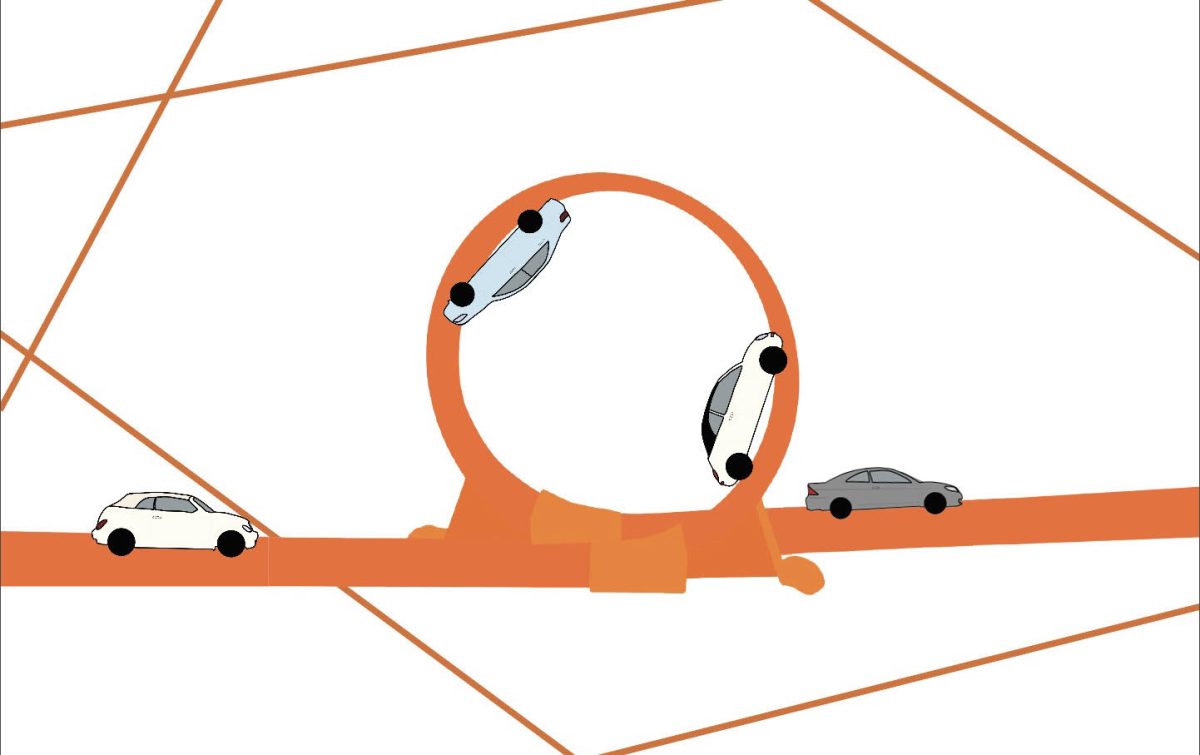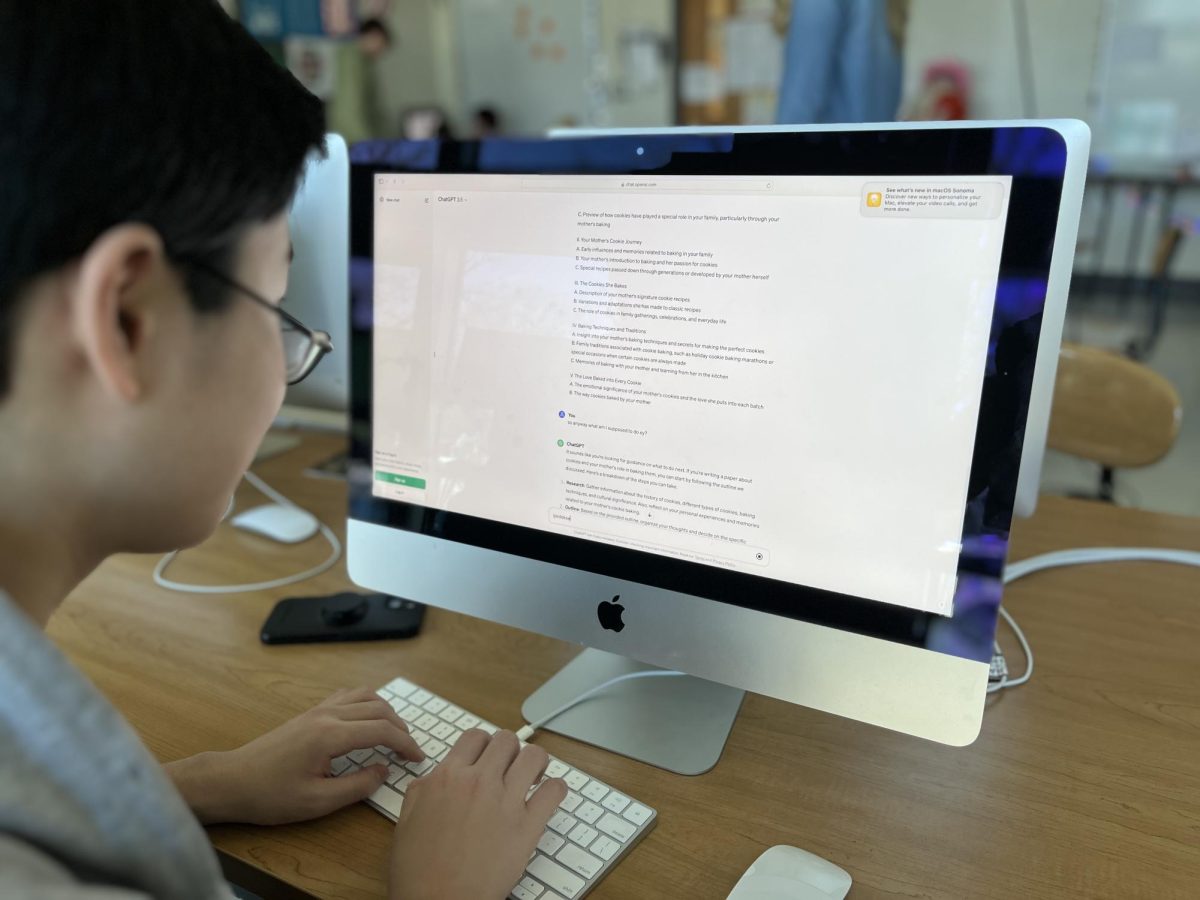When teachers make you take off your headphones in class it’s because they see it as a sign of being careless and disrespectful. However, that is not the truth. Students argue that music can actually boost concentration and focus. By having a constant source of white noise it keeps them grounded and drains out blurts and outbursts of random sounds that come from your average classroom that can snap a student’s focus in an instant. While music during tests is understandably off-limits, there’s a strong case for allowing it during lessons and independent work times.
“Hold on, let me put music on to lock in.” That’s a phrase I have heard from multiple students, in different classrooms, on different days. If you aren’t familiar with the term ” lock in” in this sense it means to not let any distractions get in the way between you and your work that needs to be done. This music to lock in is that same white noise where you can still hear the teacher and everything they are trying to get across to you but have no inconsistent distractions in your way. It’s not a barrier of sound between you and the respected adult in the classroom with you, but more a gateway into better learning and attention span.
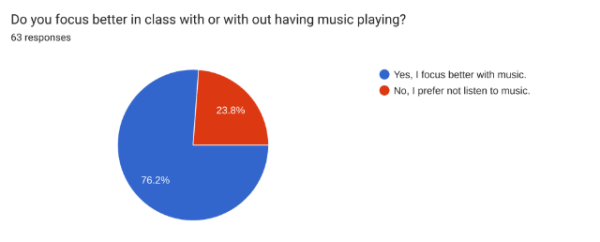
63 West High Students filled out a form asking whether or not they learn better with music. The results are shown above. This information shows that about 3/4ths of the students do focus better in class. Teachers need to start seeing music as a friend not a foe and understand that music is not the enemy here. If teachers were to be more lenient and have conversations with their students about why it is helpful to them during class time we would see more students getting more work done throughout the day.
After an interview with Bailey Day ‘27 we get to see an inside perspective about the struggles of music being a taboo in her classes. Day loves listening to music all the time, it keeps her grounded and calm throughout a long day of school. It only seems right to seek out an opinion from her. Day said “ If I don’t have it, my mind goes to other places.” “It helps me focus.” She claimed that her good grades are a result of when she gets to work with music in class. Day stated “I think that music is a good thing and it benefits me as a student. I wish they would just talk to me about it instead of taking it away because I’ve noticed in the classes where I do get to listen to music my grades are better.” Day’s experience reflects a growing body of research suggesting music can enhance focus.
Opposing opinions are strong with my topic. In this case I am not defending the students that abuse music in class, completely blocking everything out. It’s very easy to tell the difference between students abusing music loudly and students simply using it to learn better. Body language, eye contact, facial expressions are all dead giveaways. And if a teacher were struggling to tell, talk to the student privately about their intentions.
What if they use it to cheat? Testing is the one area where I agree music should be completely put away in all peoples cases, because students are using music to process information better and at that point they are testing their knowledge that hopefully they were able to learn better because their teacher let them listen to music during the lesson.
I want all readers to see music use in school in a new light. To never assume someone is ignoring or trying to get out of work by having music in their ears. As I stated before, music is not the barrier between students and their learning, it’s the lack of communication between them and their teachers. Shunning music should have never been something that is normalized from the start because people refuse to see the benefits. I hope this piece lets you keep an open mind on music. Never let your brain go to the worst possible outcome when you see someone pull out their headphones.




